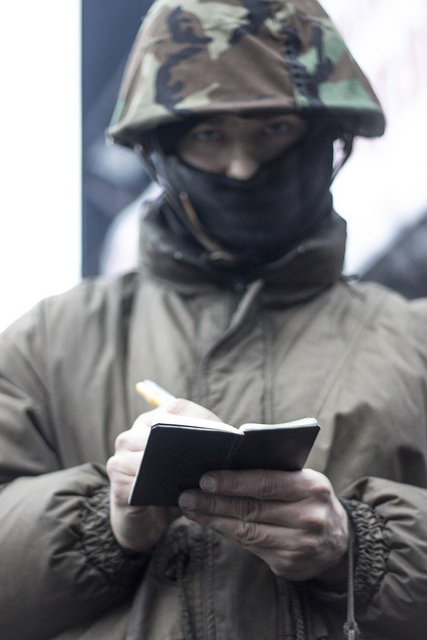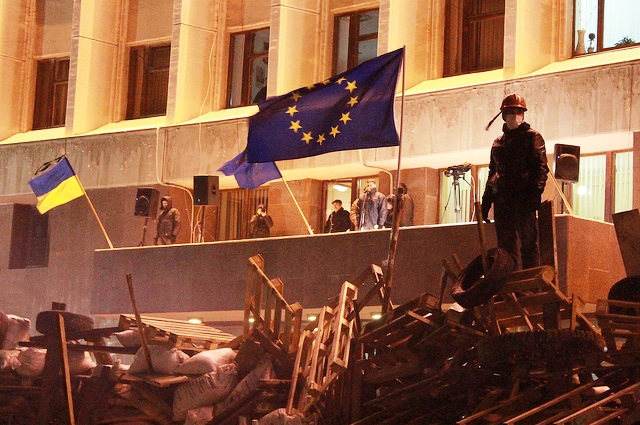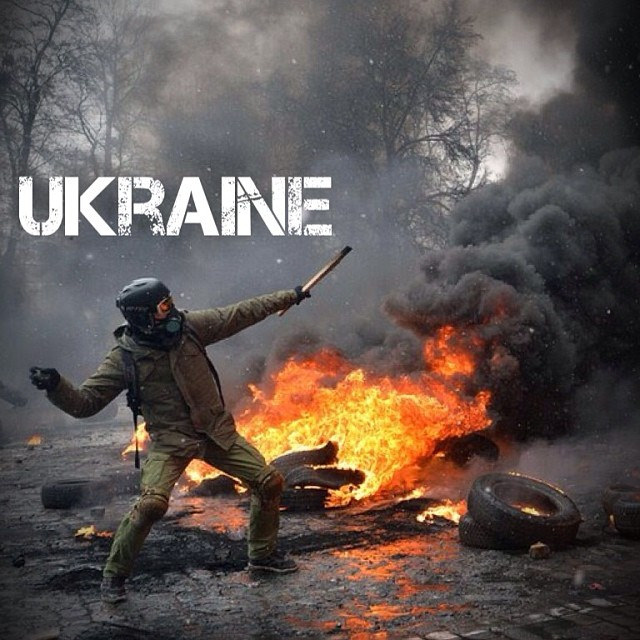Lightning Strikes Twice? Malaysia Airline Tragedies
/Ayanna Nahmias, Editor-in-ChiefLast Modified: 22:10 p.m. DST, 17 July 2014
DONETSK, Ukraine -- First, we preface this article with our sympathies for the families and friends of the 295 people who died when a Malaysian Airliner was shot down over eastern Ukraine earlier today.
It is a horrific tragedy, in a world which has become increasingly violent, whether by design or happenstance, and for which there is no explanation.
The tragedy of Flight MH17 could also be considered a "smoking gun" for a conspiracy theorist. By definition a theory is based upon postulation not fact, and to postulate that a conspiracy exists without evidence is the very definition of an infinite loop.
Though not a mathematician, it seems statistically improbable that two Malaysia Airlines' planes would crash, killing 239 and 295 people respectively. Flight 370 was lost in the Indian Ocean and the reason for its crash has yet to be determined.
According to M.I.T's Sloan School Statistician Arnold Barnett, "if you take one flight a day, you would on average need to fly every day for 55,000 years before being involved in a fatal crash. (Source: ABC)
However, it would seem that the caveat to this postulate is that it only applies if you are not on a flight originating from or flying to Kuala Lumpur. Both planes disappeared while in a cruising altitude of 10,000 metres (33,000 feet) and otherwise showing no signs of distress.
Flight 370 vanished on March 8 with 239 people on board after it took off from Kuala Lumpur bound for Beijing. Flight MH17 originated from Amsterdam bound for Kuala Lumpur and is reported to have been brought down by a Buk anti-aircraft system. The possible culprits in this latest Malaysian Airline disaster were quickly identified as a pro-Russian separatists group which admits to previously downing cargo planes, but vociferously denies any involvement in this attack.
Or it could be those pesky Russians, a perfect scapegoat easily maligned given their recent bad behavior and Cold War Era reputation. This is not to state that Russia couldn't have been involved, or that Russia is a country intent upon promoting peaceful coexistence with other countries, a position easily discredited by its current hostilities with Ukraine.
Russia is a perfect scapegoat, but this seems a pedestrian and all together too neat explanation for two catastrophes disparate in every other way except Kuala Lumpur. Sometimes the most obvious is a distraction, very much like the character Oz in The Wizard of Oz, who upon discovery states "pay no attention to the man behind the curtain!"
Amidst the cacophony of calls by world leaders to investigate the cause of this crash and bring the guilty to swift and harsh justice, there is no one to blame for the deaths of the 239 passengers of Flight 370 who seem to have receded from the public's mind in lieu of more current affairs.
But, what if this was less about the improbability of two airlines from the same carrier crashing just 4-months apart, than a targeted assassination of an individual or individuals who were somehow traveling from or to Kuala Lumpur, and the rest of the family and loved ones were simply 'collateral damage?'
In the light of the pain that many people are experiencing today as a result of this tragedy, this speculation brings no closure, no comfort, and no answers. But, as initially proffered, there is more to this story than meets the eye, and it is the stuff that conspiracy thrillers are made of.
Follow Nahmias Cipher Report on Twitter Twitter: @nahmias_report Editor-in-Chief: @ayannanahmias
Related articles
' Malaysian Airliner Crash Wreckage Found No Survivor's ' (acenewsservices.com)
URGENT - Malaysian Airlines loses contact with airliner over Ukraine (wireupdate.com)
Photos from the Scene: Malaysian Airlines MH17 Crash (szsu.com)
Ukraine plane crash: 'Profound political implications' (thetruthshallsetyoufree.net)



















